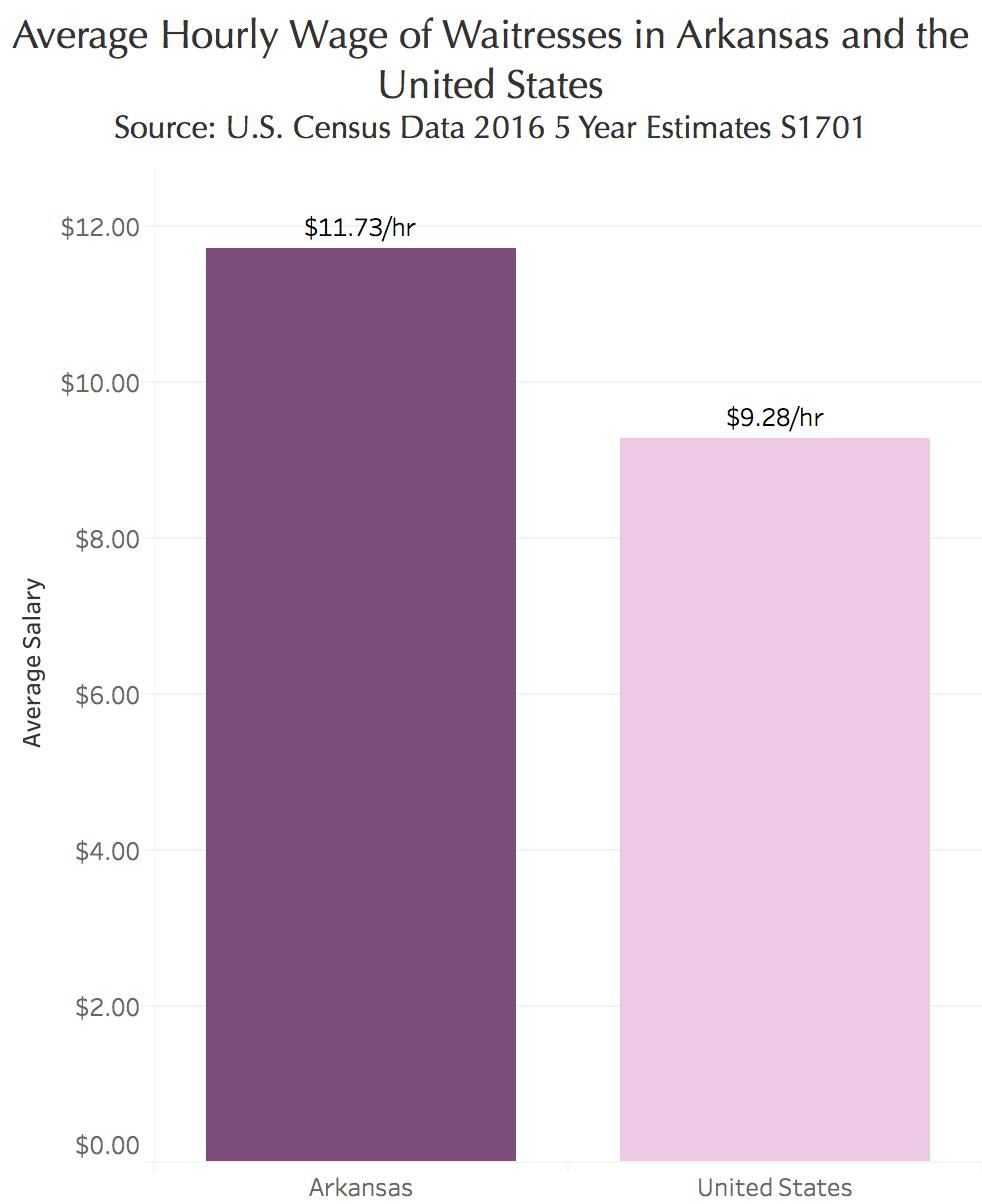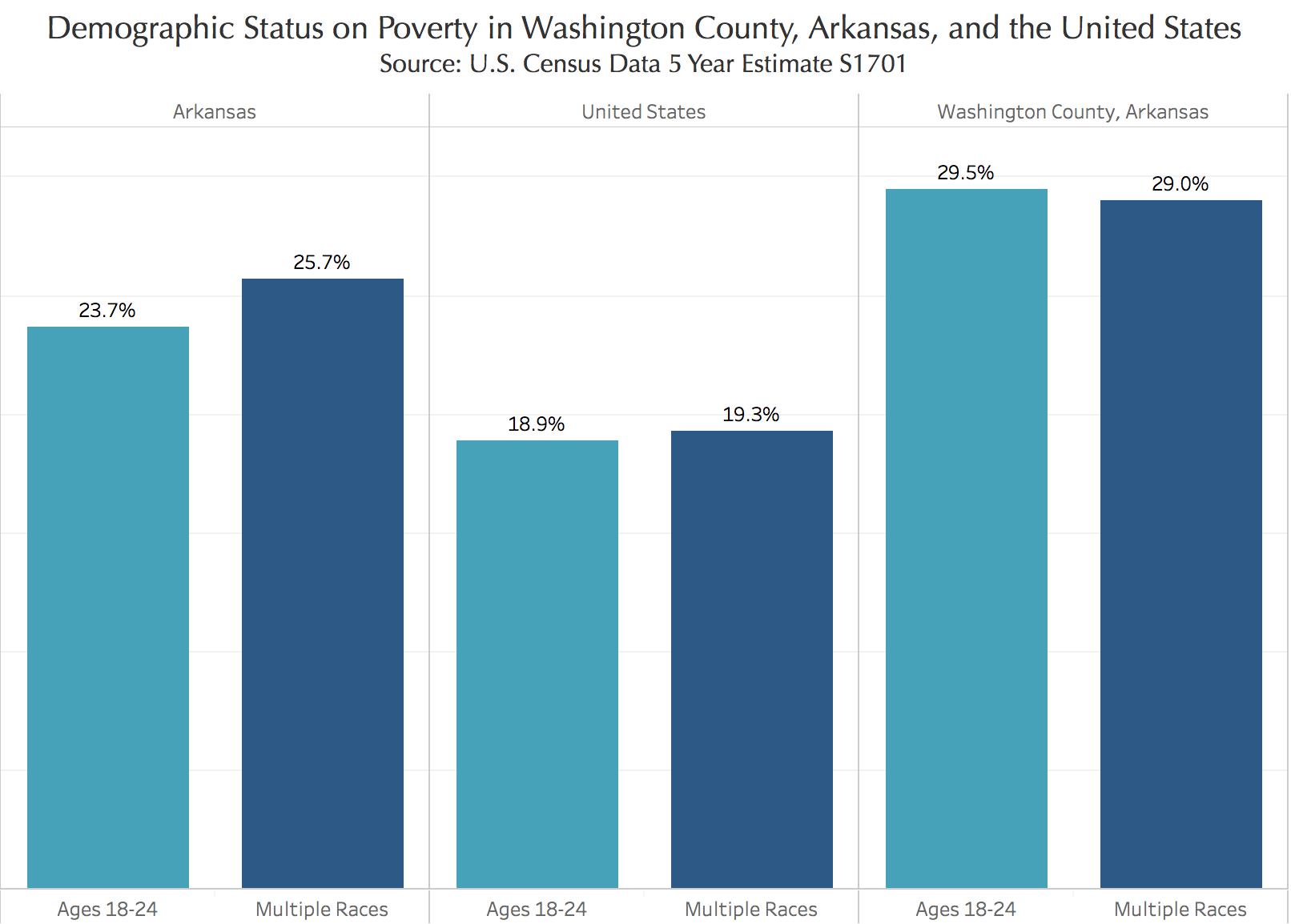
FAYETTEVILLE, Ark — Approximately one-in-three residents of Fayetteville fall below the poverty line. Alejandro Zeballos and Abigail Jobst, fresh from graduating from the University of Arkansas, suddenly found themselves in that predicament in 2017.
For much of her time as a journalism student at the University of Arkansas, Jobst, 24, found it easy to balance school and work. She then had to go it alone after her parents stopped providing financial support. In 2015, Jobst met Zeballos, and they married in December of 2016. The couple was comfortable. Jobst was a waitress at Grubs Uptown. Zeballos worked at a marketing firm, making nearly $50,000 each year.
Their financial troubles began in the summer of 2017. Zeballos, an immigrant from Bolivia, lost his education visa and that meant he lost his job at Premium Retail, a marketing firm.
For close to six months, the married couple lived off Jobst’s servers salary, which was inconsistent at best. Some nights, Jobst would leave with $350 in cash, while other nights, she would leave with $19.
“I had to balance giving up things I love,” Jobst said.
Beyond the financial instability, there is an emotional toll.
Most graduates expect to get a job immediately after graduation. Most of Jobst’s friends landed jobs with five-figure salaries soon after leaving college. She did not. This left her feeling unaccomplished. Jobst did not get a job until almost a year and a half after graduation. She recently accepted a position with the Girl Scouts of America as a recruitment supervisor.

When the couple married in 2016, they knew that the deadline was coming soon to extend the work visa. They blame their predicament a late submission of the documents. They spent what money they had left to pay for an immigration lawyer and to print documents. They spent hours making sure everything was accurate, and “printed, labeled, and put together,” Jobst said.
Interview with Abby Jobst
Seven months passed before any kind of court date, until late October 2017. Zeballos gained his green card back, and went back to work almost immediately at the marketing firm.
For most college students and recent graduates, a job like serving at a restaurant is very common. The hourly wage for servers in Arkansas is lower than that in the United States.

Jobst and Zeballos were not alone in their poverty status In Washington County, Arkansas, nearly 30 percent of residents aged 18-34 remained under the poverty level. For multi-ethnic households, that percentage is 29 percent. Jobst and Zeballos met both of these criteria while living on a servers’ salary